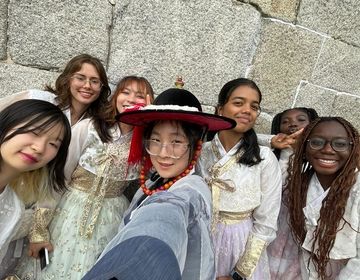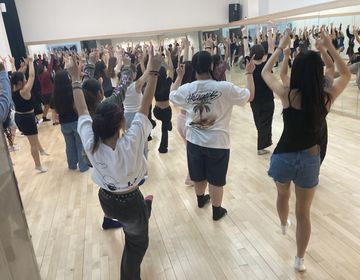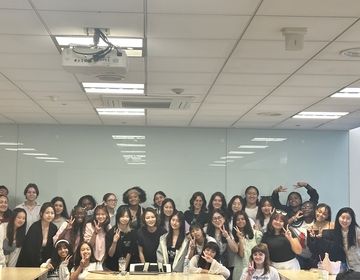Reflexive Essay - Taylor Zachary
Taylor Zachary
Dr. Saeji
28 Jun. 2017
Never in my young life would I have imagined that one day my interest in music would take me halfway across the world. As the end of this incredible trip draws near I still find it hard to believe that it actually happened and that I took a month out of my life to live and study in another culture. Aside from the overall experience, some of the most important takeaways I have from this trip are the things I learned in the classroom. The history and evolution of Korean music from traditional to contemporary as well as the socio-political conditions influencing that change are things I found to be absolutely fascinating and something that clarifies a lot of what I've seen in current K-pop. Prior to the class I knew almost nothing about Korean traditional music, other than the fact that it incorporated instruments similar to those seen in other Asian cultures. I had no idea just how many instruments were native to Korea and how important the musical culture was to both the nobles and the commoners. It also was quite shocking to learn that in more contemporary culture traditional Korean music is not seen as “real music” in comparison to Western compositions. Korean traditional music is even referred to as “gugak” while all other musical genres are simply called music. This perspective was certainly influenced by the period of Japanese occupation when the Japanese attempted to crush and destroy Korean culture, and was not helped by the American troops stationed in Korea directly after the war. It was around both of these periods that Western music and Western music styles really became popular in Korea, and this along with the limitations in recording technology began the transition from traditional styles to Korean adapted versions of what was popular around the world. Another thing I found to be particularly intriguing is that the performance aspect of K-pop that we all know and love can actually be traced back to the US military of all places. I suppose it makes sense that the troops needed to be entertained occasionally and shipping in performers from the US would be incredibly expensive. Training impoverished young Korean men and women in music and dance to give them a means of income and provide a source of entertainment for the troops seems like an advantageous situation for all involved. The fact that this introduction to more contemporary performance styles eventually (and through several evolutions) blossomed into that we know as K-pop today is absolutely fascinating.
There are so many other things I've learned during this class that I now consider invaluable to my understanding of Korean popular culture, and I will forever be thankful for this incredible experience to not only learn but to explore what we are learning right outside our doorstep.
Related Posts
Kimchi Making, Hanbok, and Markets, Oh My!
What a whirlwind the last few days have been here for our Seoul Global Navigators! Students here have really hit the ground running and immersed themselves right into Korean community... keep reading
CIEE's Got Talent
What a group of talented students! Our Kpop Immersion group learned how to dance to "How Sweet" by New Jeans by the well-known dancer Hexxy. They did well trying to... keep reading
Music, Make-up, and more!
Hello from Week 2 of Session 1 in Seoul! The students started off this week with their K-pop class where they learned even more about the history of music in... keep reading



